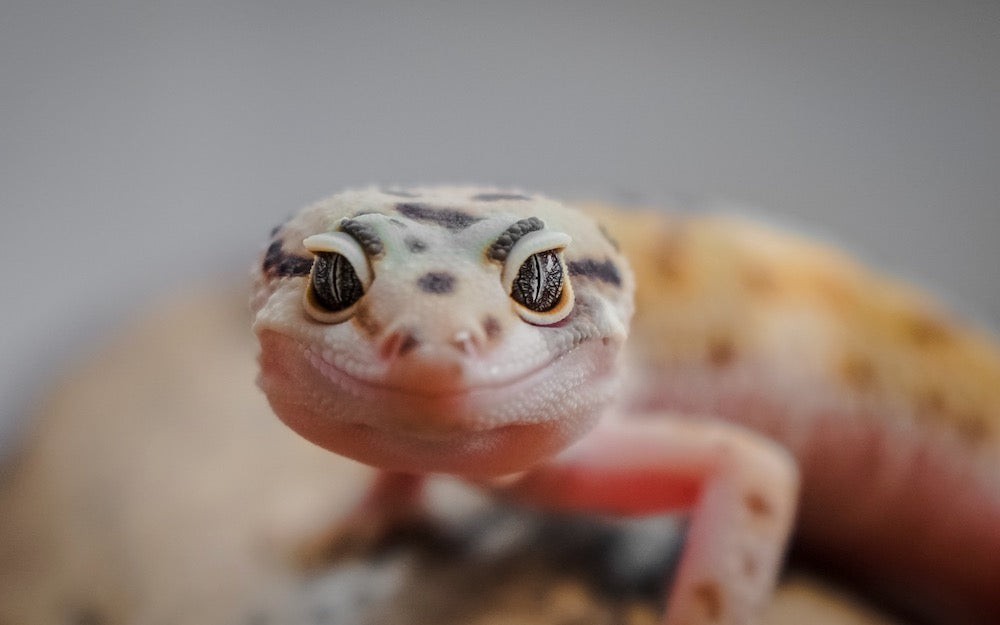Understanding how long your leopard gecko can survive without food is crucial for responsible pet ownership. This guide provides a detailed overview of their fasting capabilities based on age and health, along with potential reasons for appetite loss.
Leopard Gecko Fasting: Age Matters
A leopard gecko’s ability to withstand periods without food varies significantly depending on its age and overall health. Younger geckos require more frequent feeding than adults due to their rapid growth and higher metabolic rates.
Young leopard geckos are classified into three groups, each with distinct dietary requirements:
- Hatchlings (0-2 months): These tiny geckos need to eat daily to support their rapid development. They can typically survive for up to 2 days without food.
- Juveniles (2-6 months): While daily feeding is ideal, juvenile leopard geckos can endure slightly longer periods without eating. They can generally go up to 7 days without food.
- Sub-adults (6-12 months): As they approach adulthood, sub-adults can tolerate longer fasts. A well-nourished sub-adult can survive for up to 14 days without food.
When feeding young leopard geckos, ensure the insects are appropriately sized. Hatchlings should be fed insects no larger than 3/8″ long, while juveniles can handle insects around 1/4″ long.
 Small leopard gecko who wants to eat, with a focus on the gecko's head and expression.
Small leopard gecko who wants to eat, with a focus on the gecko's head and expression.
Adult Leopard Geckos and Food Deprivation
Adult leopard geckos (12 months and older) have a greater capacity to endure periods without food compared to their younger counterparts.
A healthy adult leopard gecko can survive for up to 1 month without food. However, this does not imply that it is acceptable to deliberately withhold food for extended periods. Regular feeding is still vital for their well-being.
Offer food to your adult leopard gecko every other day or every three days. Provide a variety of insects like Dubia roaches, crickets, or mealworms dusted with a Calcium/Vitamin D3 supplement.
Pro Tip: The insects offered to adult leopard geckos should be no larger than the distance between their eyes.
Why Is My Leopard Gecko Not Eating?
If you notice your leopard gecko has stopped eating, don’t panic. Several factors can contribute to a loss of appetite, and not all are cause for immediate alarm.
- Breeding/Ovulation Season: Leopard geckos may temporarily lose their appetite during breeding and ovulation periods.
- Brumation: As reptiles, leopard geckos may enter brumation, a period of dormancy similar to hibernation. During brumation, their appetite decreases significantly.
- Picky Eating: Some leopard geckos are simply selective eaters. Experiment with different insects to discover your gecko’s preferences.
Other potential reasons for a decreased appetite include:
- Stressful Move: Moving to a new environment can be stressful for leopard geckos, leading to a temporary loss of appetite.
- Inadequate Tank Temperature: If the tank is too cold (below 75ºF), your leopard gecko may become lethargic and lose its appetite. Maintain a temperature gradient of 75ºF to 85ºF with a basking area around 90ºF.
- Cohabitation Stress: Leopard geckos can experience stress from sharing a habitat, particularly with other males. It’s best to house them separately.
- Illness or Disease: Various health issues, such as parasitic infections, impaction, metabolic bone disease (MBD), mouth sores, and abscesses, can lead to a loss of appetite.
If you notice a significant decrease in your leopard gecko’s tail thickness or protruding backbones, it’s crucial to seek veterinary attention immediately. These are signs of severe weight loss and potential health problems.
